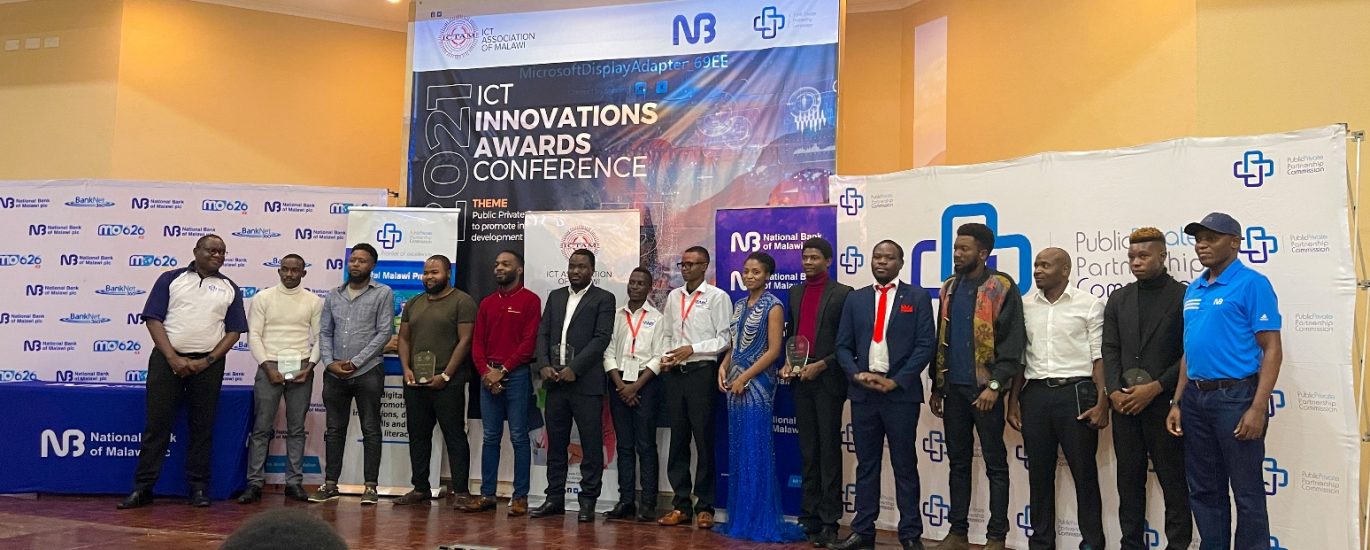


One of the goals of the World Bank funded Digital Malawi project is to get more women in the innovation and technology sectors. As a way to achieve this, the Digital Malawi put a requirement that 60% of all trainees must be female.

Nearly everytime there has been a review meeting of the project, two specific issues almost always arise:
1. Why must be we train more women than men?
2. There are a LOT of male applicants, and hubs struggle to receive applications from female applicants.
This is more-so the reason why affirmative action is very important.
Affirmative action is defined as the active effort to improve employment, educational, and other opportunities for members of groups that have been subjected to discrimination. Criteria for affirmative action include race, disability, gender identity, sexual orientation, ethnic origin, and age.
It is not a secret that women have been left out of the technology sector, and many other sectors, particularly in Malawi. There is a need to actively undo this reality.
In the space of women’s empowerment, we discuss various factors that affect women’s empowerment. Below, a few:
age
gender
marital status
nationality
social role
economic activity
intra-household distribution
health
All these factors have an impact (be it positive or negative) on how empowered a woman is. Reality and data shows that women who are empowered actively take up space and opportunities.
To empower women, we need to be able to undo each of the above factors in the ways that they disempower women. From a young age, women must be empowered, and raised to believe that they are capable, and can achieve everything they set their mind to.

